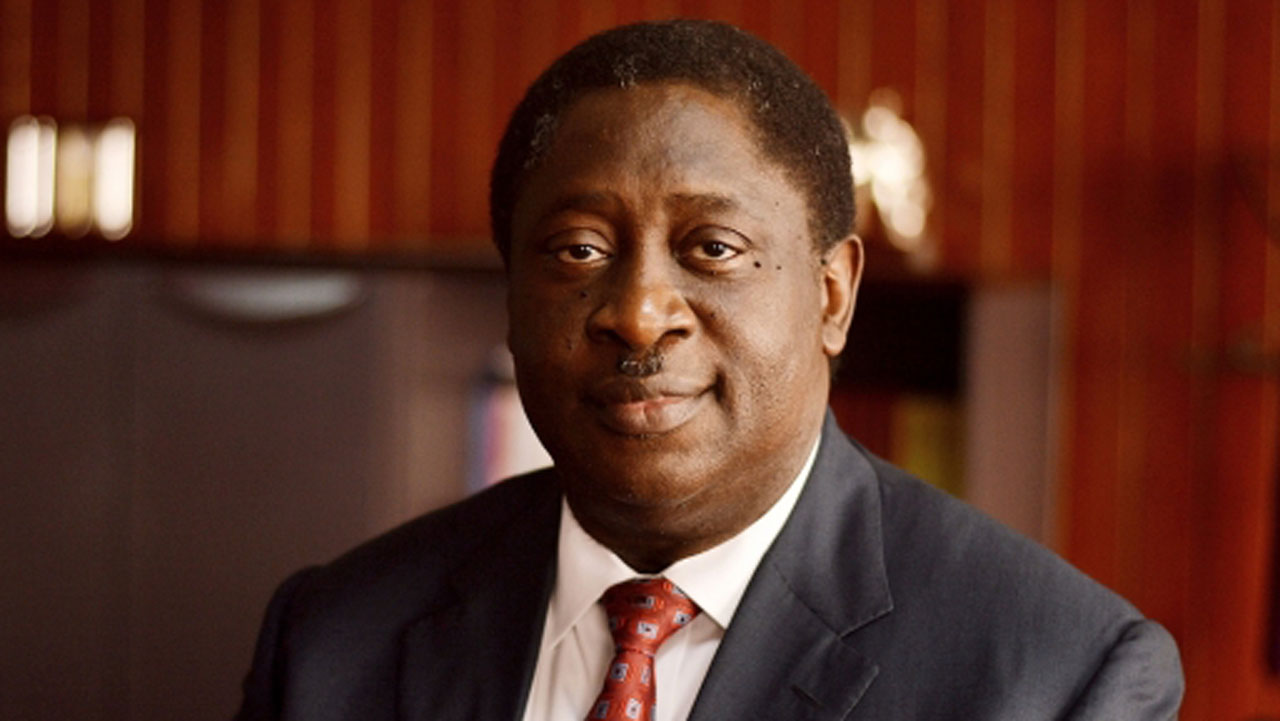
Continued from yesterday
However, the parallel market could only pale into insignificance but would not be completely eliminated even with the efficient and superior performance of the formal market. Furthermore, invoking draconian anti-black market laws and raids by security agents are unlikely to put the informal market currency traders out of business for good. This is because the parallel market accommodates “those left out” either because they are unable to meet their legitimate needs in the formal market or are engaged in ineligible or illegal/criminal transactions. Above all, for many parallel-market operators, currency trading is deeply-embedded in their genetic code and has become a way of life or part of their culture!
The unification of the foreign-exchange markets, entailing the significant reduction in the parallel-market premium to achieve a unified exchange-rate regime, is a strategic imperative that needs to be executed in a competent and credible manner. There are several possible options for achieving such unification, including the following: merger at the parallel market rate or bureaux de change rate; merger at the CBN/interbank rate; merger at the prevailing autonomous rate which is assumed to be currently well above the official CBN/interbank rate; or merger at a weighted average of the CBN/interbank rate and either the autonomous rate or a rate indicated by the Purchasing Power Parity (PPP).
The above options may be appraised as follows: A merger at the prevailing parallel market, bureaux de change or even the autonomous market rate would mean a big devaluation of the Naira and is not recommended because of the severe inflationary repercussions. A merger at the prevailing CBN/interbank rate, which would have been desirable because it carries the least inflationary potential, is not realistic or sustainable, given that it would require drastic demand management measures – a severe liquidity squeeze and fiscal retrenchment – which would drive up interest rates to worrisome and unsustainable levels. Furthermore, in the face of the massive volume of unmet demand and trade arrears, it would require a chunk of our already depleted external reserves to make merger at the prevailing CBN/interbank rate sustainable.
This preferred option would entail the devaluation of the official exchange rate by about 10 to 15%. It is also envisaged that this measure, which could potentially suck up a substantial amount of liquidity from the system, would significantly reduce the overall demand for foreign exchange and exert a downward pressure on, or induce an appreciation of, the parallel-market rate.
However, it should be stressed that one single dose of devaluation cannot guarantee a stable and sustainable unified exchange rate regime unless it is backed by robust demand management, fiscal measures and supporting supply-side initiatives. Also, what is envisaged is exchange rate convergence or unification which excludes a dual exchange-rate regime, the latter of which implies an official rate for favoured transactions existing side-by-side with an autonomous (second window) rate for others. Let it be stated here in passing that introducing a dual exchange-rate regime is an exercise in futility!
It is appropriate at this juncture to note that the debate over the devaluation of the Naira is long-standing and rages on today, with advocates and opponents of devaluation remaining resolute and vehement in their respective stands. Having made a case for Naira devaluation here, it is only fair that the case of the opponents also be examined here.
• To be continued.
• Odozi, Financial Consultant and company Director, is former Deputy Governor of the Central Bank.





